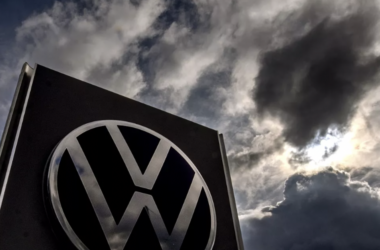The European Union and South America’s Mercosur bloc are on track to finalize a long-awaited free trade agreement, with an announcement expected on Friday in Montevideo, Uruguay.
The deal follows over 20 years of negotiations and five years since an initial agreement was reached. European Commission President Ursula von der Leyen and Mercosur leaders are set to make the political announcement at 9:30 a.m. local time (12:30 GMT), with von der Leyen having arrived in the Uruguayan capital on Thursday.
Despite the anticipated announcement, the deal faces significant hurdles in Europe, primarily due to strong opposition from France, which has called the agreement “unacceptable.” Diplomatic sources suggest the European Commission is taking a significant risk, as EU member approval is uncertain. European farmers have been vocal in their criticism, arguing that the deal would allow cheaper South American imports, particularly beef, which may not adhere to EU environmental and food safety standards.
Italy and Poland have expressed opposition to the current form of the deal, with Italy stating that conditions for approval are not met and Poland voicing concerns last week. European environmental groups have also largely denounced the deal, with Friends of the Earth branding it “climate-wrecking.”
However, some EU nations, including Germany and Spain, argue that the deal is crucial for the bloc as it seeks to diversify its trade post-Russian market shutdown and reduce dependency on China. They see Mercosur as a potential market for EU products like cars, machinery, and chemicals, as well as a reliable source of key minerals like lithium for Europe’s green energy transition. The agreement would also allow greater access and lower tariffs for European agricultural goods such as cheese, ham, and wine.
For the trade deal to be approved, it would need backing from 15 of the 27 EU member states, representing 65% of the EU’s population, and a simple majority in the European Parliament. South American negotiators remain hopeful that the EU will ultimately approve the agreement and that France will not be able to assemble a blocking minority.




